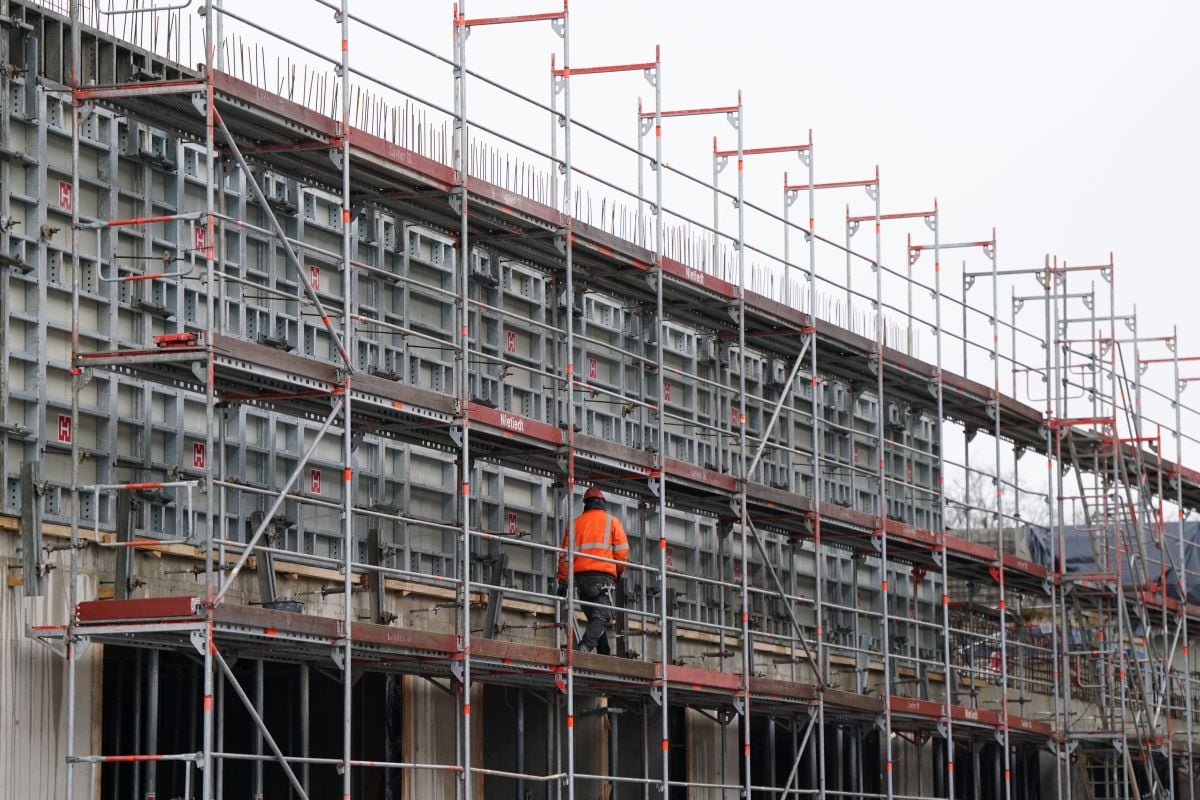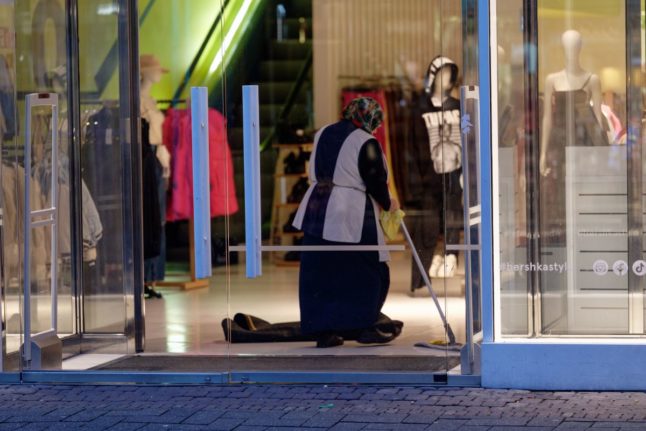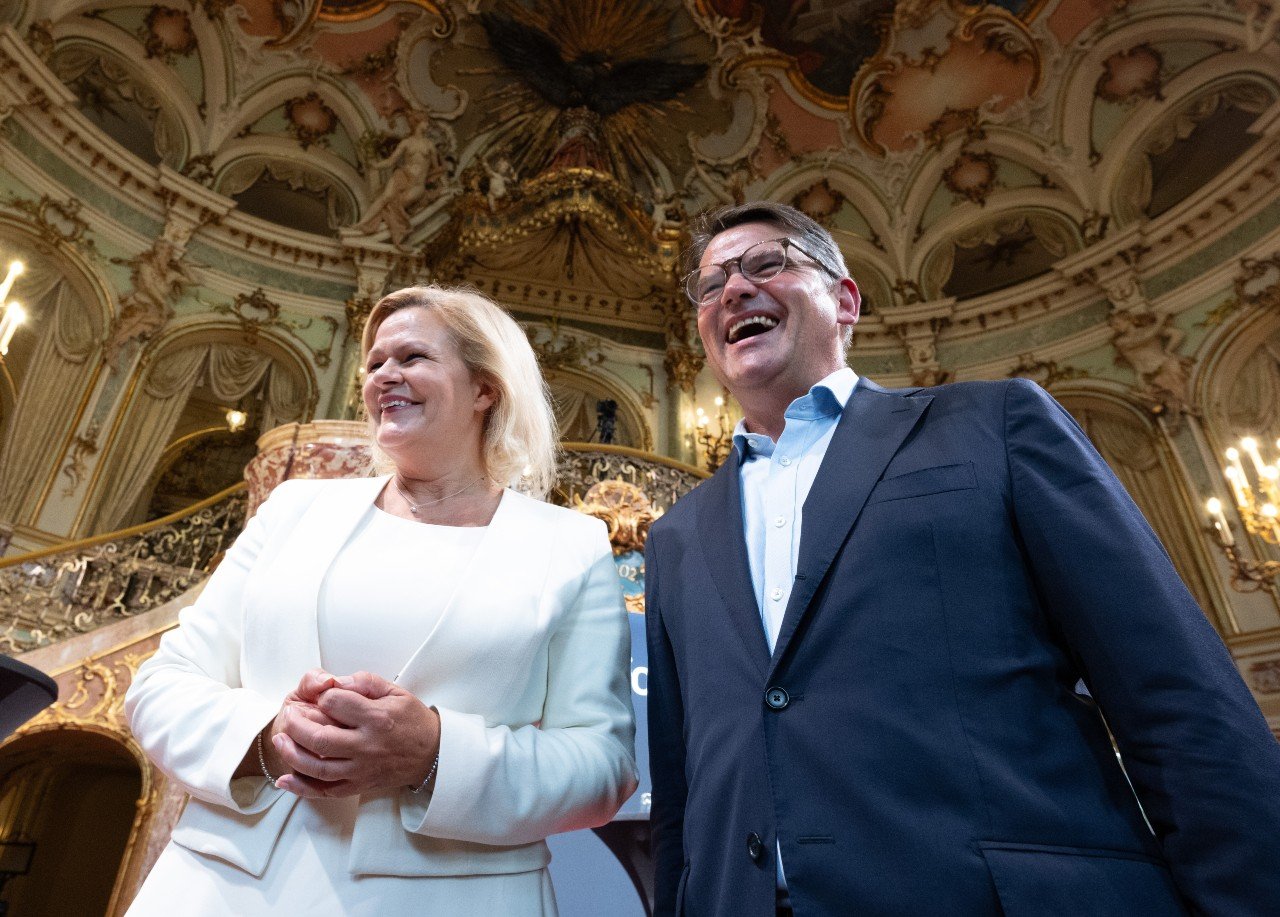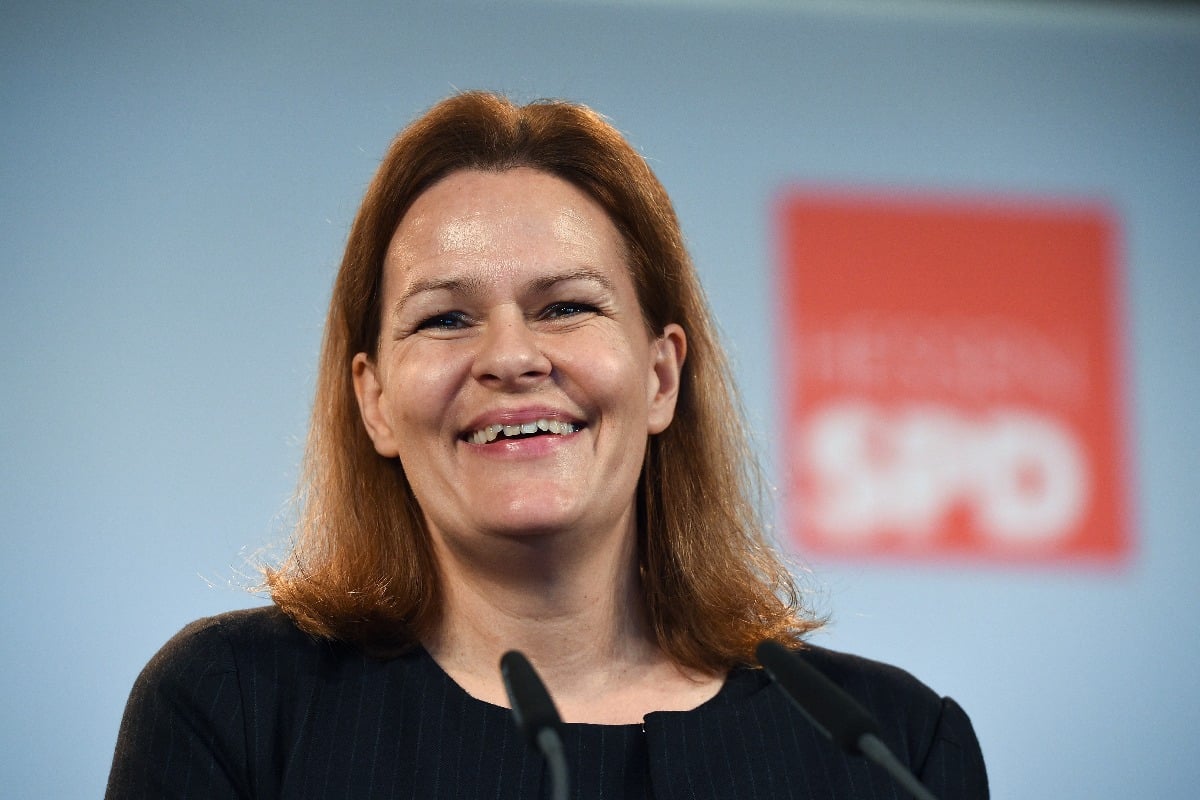On Friday, March 1st, Germany’s statistics office (Destatis) released figures, taken from the results of the 2022 micro-census, which suggest that people with an immigration background makeup a quarter of Germany’s workforce.
It’s commonly understood that Germany is dependent on workers who have come from abroad. Recent figures suggest the country is already lacking an estimated 700,000 skilled workers, and that number is expected to grow until 2035. The only feasible means of plugging the labour gap, some experts suggest, would be taking in 400,000 skilled worker immigrants each year for the next decade.
READ ALSO: Better childcare to quicker visas: How Germany wants to attract more workers
But certain industries, such as catering or geriatric care, already depend overwhelmingly on the immigrant workforce, whereas in other types of work, such as policing, immigrants are severely underrepresented.
Which jobs do immigrants work the most?
It wouldn’t be an exaggeration to suggest that Germany’s cleaning and catering industries wouldn’t function without workers from an immigration background.
Destatis found that 60 percent of all employees in the cleaning industry come from an immigration background. In the catering industry it’s 46 percent overall, including 51 percent of all cooks.
In this case, ‘an immigration background’ is defined as “someone who has immigrated to Germany since 1950, or whose parents have immigrated since 1950”, according to Destatis.
Employees with immigration backgrounds also fill an above average share of roles in the transport and logistics industries – at 38 percent overall, and just under 40 percent of bus and tram drivers.
It seems that some municipal transportation companies are already aware of this trend. BVG recently told The Local that its focusing “specifically on the topic of diversity”, in its recent recruitment efforts.
READ ALSO: ‘No family life’: A Berlin bus driver explains why public transport workers are striking
In building and civil engineering as well, a large share of the workforce are people with an immigration background – including 40 percent of construction workers and 34 percent of those in interior design occupations.

Finally immigrants have taken on a growing share of medical and dental work. By the end of 2023, there were 63,763 doctors in Germany without a German passport, according to statistics from the German Medical Association. That number has doubled since 2013, when around 30,000 non-German doctors were practising in the country. Thirty years ago, in 1993, there were only around 10,000 foreign doctors.
According to Destatis, 27 percent of doctors in human medicine or dentistry are coming from immigration backgrounds. Additionally, in geriatric care, they make up 30 percent of the workforce, as well as 36 percent of personal care occupations, such as hairdressers and beauticians.
Which occupations are immigrants working the least?
On the other hand, people from immigration backgrounds are noticeably absent from other occupations.
As of 2022, only one out of 16 workers in police, court and prison occupations had an immigration history (or six percent), according to Destatis.
People with immigration backgrounds are also underrepresented in the general armed forces (ten percent), among teachers in general schools (11 percent), and in agriculture (11 percent).
In banking and insurance occupations, employees with an immigrant background made up sixteen percent of the workforce.
Notably, people with immigration backgrounds are less likely to fill managerial positions, or to be executives or academics, while they are significantly more likely to work in low-skilled occupations. This seems to suggest that immigrants in Germany, who face language and cultural barriers, have less access to the kinds of opportunities that allow people to level-up in their careers.
How accurate is the data?
Destatis notes that these figures were based on a 2022 ‘microcensus’, in which roughly 1 percent of Germany’s total population was surveyed. All of the information was therefore self-reported by voluntary respondents.
The German workforce in this case refers to “the population in private main residence households aged 15 to 64 years”, which amounted to 53.4 million people in 2022, and did not include refugees.
More information can be found in the Destatis report.






 Please whitelist us to continue reading.
Please whitelist us to continue reading.
Member comments